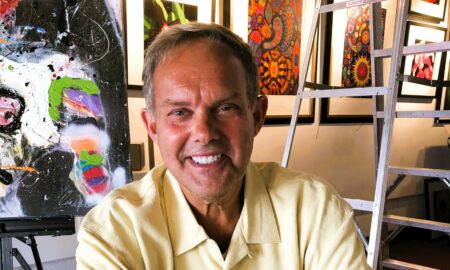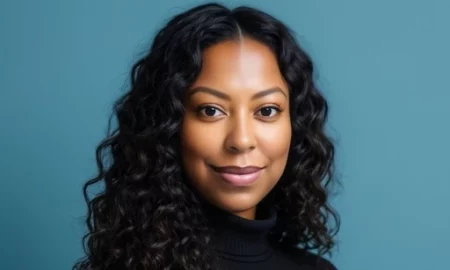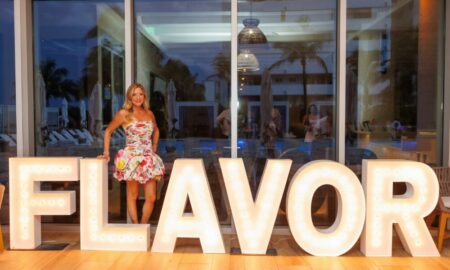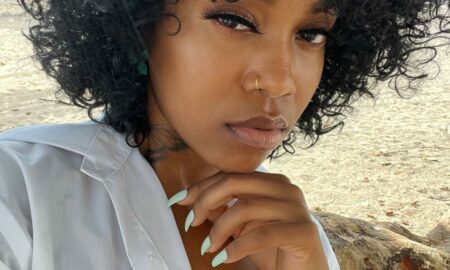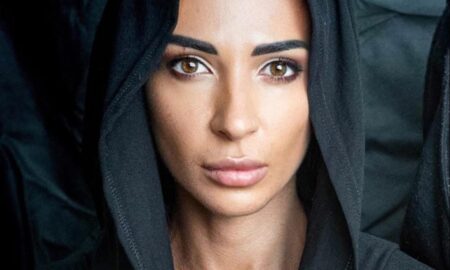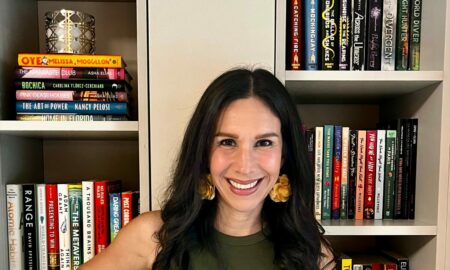

Today we’d like to introduce you to Reza Filsoofi.
Reza, please kick things off for us by telling us about yourself and your journey so far.
Every human has a unique story. My story starts from the place I grew up.
I was born in Tehran, but I grew up in Kashan; though a small place, it contains mountains and deserts. It is a historical place; its architecture and local crafts inspire for eternity.
I started school at the beginning of the Islamic Revolution in 1979. Like so many others, I learned to read, write and play during the dark time of our country, and during the war between Iran and Iraq, during the air raids and missile attacks. We witnessed as friends and neighbors went to the war and never came back.
Throughout these times music was a hidden joy in everyone’s home if they had instruments. My father had a Santoor and a Setar. Both my brother and I were eager to learn to play. Our father also had a great collection of music. One year he took us to our grandmother’s house in Tehran, and we stayed the entire summer attending English and music classes. That was a summer to remember! That summer changed my life forever!
Learning music in those times was not easy. The status of music had changed after the Islamic Revolution in Iran. According to the Islamic Rules, music was forbidden because it would bring excitement. We could not carry our instruments outside unless we obtained permission from the Ministry of Culture. We could be stopped and questioned by moral police on the way to the music classes.
Pop music wasn’t accepted or supported, and only the Iranian traditional music in a very specific form was permitted to be recorded and distributed (lyrics had to be approved, and no women’s voices were allowed). All these difficulties, however, made me concerned as to whether I should continue my music education and pursue it as a career, or simply treat it as a hobby.
In those days your family and even your teachers would advise you to choose another path which would lead to a more secure future. That is why so many of the musicians of my generation have degrees in higher education, and they are engineers, doctors and etc. So, I went to college and studied textile engineering. Music became something to practice on the side, yet I got chances to play in different concerts at various universities.
Things changed dramatically after the war was over in 1988. The musical landscape became a great source of inspiration for all and a great tool to overcome the depression of the postwar. There were more classes and concerts and increased interest in learning and promoting music. Even pop music found its way to the scene.
While I was learning Iranian traditional music, I also explored the music of other cultures and became familiar with their melodies, rhythms, and structures.
Such exploration not only opened my ears to new possibilities in my music but also helped me to know about the world through sound and music. This was particularly beneficial to my practice later in the United States when I got a chance to play with other musicians from diverse cultural backgrounds.
In 2001, I migrated to the US. For the first seven years, I had to work in another profession in order to support my family. I only played occasionally in different events in South Florida. In 2009, I founded the Caravan Ensemble, and I have been performing ever since with my band in various venues in Florida.
I have had the opportunity to play and perform with so many amazing musicians in different genres. Musicians such as Joe Zeytoonian and Myriam Eli (Middle Eastern Music), Nestor Zurita (Jazz), Susana Behar and Jose Louis de la Paz (Flamenco/Sephardic), and Indigo Dreamers (Rock-indie). I am currently the artist-in-residence at the History Miami Museum and am Art Director of the Iranian American Foundation which is based in South Florida.
Can you give our readers some background on your art?
I am an Iranian musician, playing Iranian music. I use the term Iranian to include folk, classic, and contemporary music to describe the genre. Iranian music has a deep connection to Persian literature. Persian poetry has been regarded as spiritual and a source of wisdom, peace, divine love, and appreciation for life.
I must add that the combination of poetry and music in its best form is in Sufi Mystical Music, which is not only beautiful and uplifting but also promotes and encourages respectful and compassionate behavior toward others in the world. I believe my music is inspired by such ideology. My ultimate goal is to not only make connections with my audience but also create a safe place for them to connect with others while they are experiencing such a divine sound. Caravan Ensemble has served such a purpose during the past few years. I have performed with other artists in South Florida, and we have united audiences from different practices and background with them, with us.
In your view, what is the biggest issue artists have to deal with?
The biggest challenge is that people are hesitant to come and see the music live. They would rather see and hear through their devices. A live performance has a different impact, and so many people miss that opportunity. This affects artists financially. It is important to have an audience in the room to share your passion. My music changes with the dynamic presented by the audience, so without them, the opportunity to connect, to share, to transcend barriers and unite, is significantly diminished.
What’s the best way for someone to check out your work and provide support?
People can support my work by attending my performances, attending with an open heart, mind, and soul, giving my music a chance to transcend their spirit, then share their experiences with others. My music is also available through my YouTube channel. I periodically share on my Facebook page, so people can support my work there as well. They can subscribe, enjoy, and share.
Contact Info:
- Email: filsoofimusic@gmail.com
- Instagram: Rfilsoofi
- Facebook: https://www.facebook.com/reza.filsoofi
- Twitter: @filsoofimusic







Image Credit:
HistoryMiami Museum
Getting in touch: VoyageMIA is built on recommendations from the community; it’s how we uncover hidden gems, so if you know someone who deserves recognition please let us know here.










